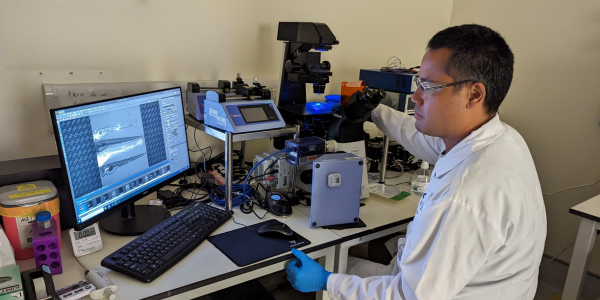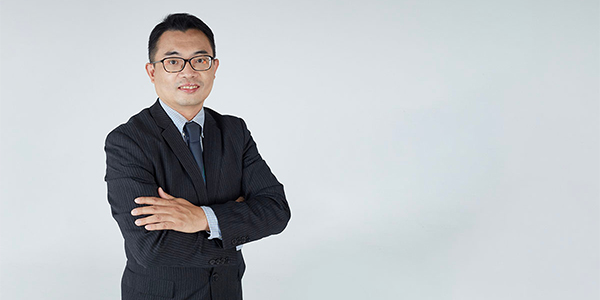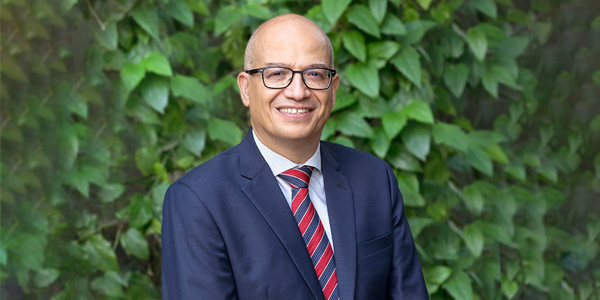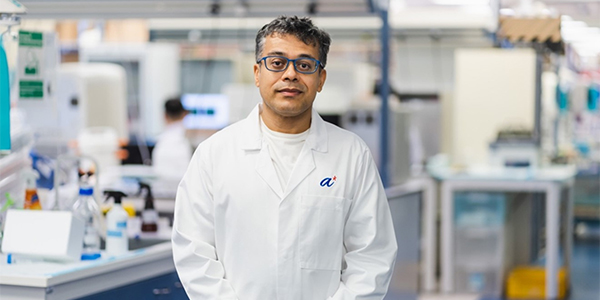FACES OF A*STAR
Unravelling The Origins Of Immune Cells
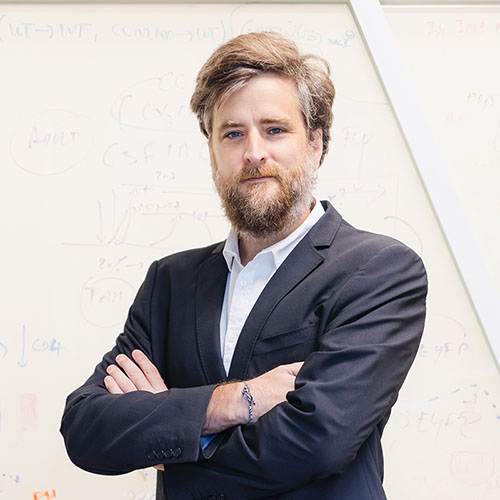
To Senior Principal Investigator Dr Florent Ginhoux, cancer research is just like detective work. An immunologist by training, he works on unravelling the functions of dendritic cells (DCs), monocytes and macrophages in human bodies – an important step in understanding cancer development.
DCs, monocytes and macrophages are immune cells that play critical roles in the immune system's response to cancer. Their interactions can either promote or inhibit tumour growth. Deciphering their ontogeny, or developmental origins, has been the focus of Dr Ginhoux’s work for the past two decades.
“Understanding their past matters because we can use this knowledge to try to mobilise these cells and reprogram the immune system to act against the tumour,” he says.
Researchers like him and the clinicians he collaborates with leverage their knowledge in identifying reliable cell biomarkers to diagnose cancer, predict disease progression, design suitable immunotherapies and assess treatment outcomes.
“In paediatric brain cancer, for instance, we are looking to use macrophages to reactivate the immune response against the cancer,” he explains. “But it takes time. Any discovery of cell mechanisms or pathways now will take another five to ten years before we can see results in the form of new drugs, therapies or clinical trials.”
Mapping the origins of human macrophages, like microglia, which resides in the brain, also has implications for neurological diseases like Alzheimer’s or Parkinson's, Dr Ginhoux points out.
Understanding brain ageing and neuropathology paves the way for therapies targeting cell dysregulation and dysfunction.
This groundbreaking work on microglia can be traced back to Dr Ginhoux’s seminal paper, which he published as a postdoctoral fellow at the Mount Sinai School of Medicine (MSSM) in New York. It caught the attention of A*STAR, which invited him to set up his lab at the Singapore Immunology Network (SIgN). “As a young investigator, I appreciated the help I received from SIgN and the support from the National Research Foundation, Singapore. We grew from a small lab of just three to four people to 25 to 30,” he recalls.
Fast forward to 2023, this passionate researcher runs and splits his time between three labs across different continents – Singapore, China and France.
Today, Dr Ginhoux remains driven by an unabated love for basic science research. And he looks for the same desire in the young researchers he recruits.
I want people with that fire burning inside them because science can be a difficult endeavour. You may be wrong or fail multiple times, but you must have that energy to keep on going until you succeed.
He believes learning to fail and fail positively are necessary traits to succeed in science. To Dr Ginhoux, intrinsic motivation and resilience turn a top-scoring student in school into an independent, mature and well-respected researcher.
Was this article helpful?
A*STAR celebrates International Women's Day

From groundbreaking discoveries to cutting-edge research, our researchers are empowering the next generation of female science, technology, engineering and mathematics (STEM) leaders.
Get inspired by our #WomeninSTEM

